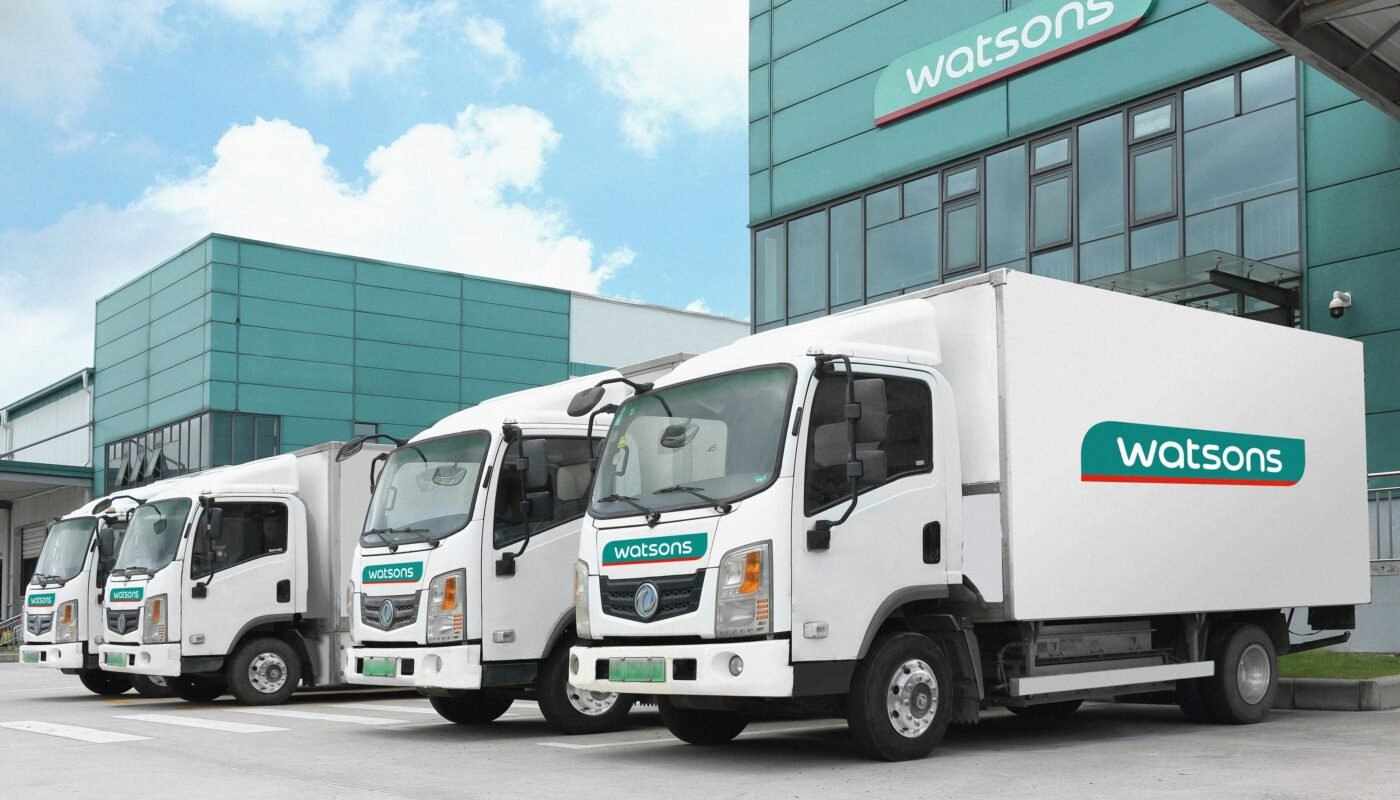
According to Malina Ngai, Group CEO of AS Watson, “As a responsible global retailer, sustainability is at the heart of our business. We’ve been investing and innovating to reduce our environmental impact and contribute to a more sustainable future. Our latest initiative focuses on making the delivery fleet of our supply chain more environmentally friendly. We operate 12 retail brands in our global portfolio, and 60% of them have started using electric vehicles for some of the warehouse-to-store and online order deliveries. While the adoption of electric vehicles is slow in the industry, I believe that we should take on the challenge to launch this initiative in as many markets as possible.”
Ngai added, “Electric vehicles have limited driving range per charge, and insufficient charging infrastructure, which makes long-haul deliveries challenging. Additionally, the current technology solutions to reduce charging times and enhance overall performance are not yet widely available. These constraints result in difficulties for some of our operating markets to broadly deploy electric vehicles. We remain committed to overcoming these obstacles and transitioning our delivery fleet to more sustainable electric options wherever possible.”
A recent survey[1] showed global direct carbon dioxide emissions from heavy and medium-duty trucks increased by 2.4% to 1.8 billion metric tons (GtCO₂) in 2022, and they were responsible for around 25% of global transportation CO₂ emissions. The use of battery electric vehicles can help alleviate the issues as they emit at least 63% less CO₂ emissions than a comparable diesel vehicle[2].
AS Watson has accelerated its efforts in adopting electric vehicles in its global delivery fleet. The progress of Watsons China is significant, with electric vehicles now accounting for over 80% of all warehouse-to-store deliveries on average in the cities of Beijing, Shanghai, Guangzhou, Shenzhen, Tianjin, Chongqing and Xiamen.
For online order deliveries, Superdrug, Savers and ICI PARIS XL have started using electric vans and e-Cargo bikes in Central London and 13 emission-free zones in the Netherlands respectively. Additionally, Watsons China, Singapore and Taiwan have introduced electric vans and motorbikes for their country-wide online order deliveries.
Meanwhile, Superdrug, Savers, Kruidvat and Trekpleister have also started to shift towards using greener fuels such as liquefied natural gas (LNG) and compressed natural gas (CNG), which generate less carbon emissions compared to traditional diesel fuel.
Driving Positive Change Through Waste Reduction
In addition to the electrification of its delivery fleet, AS Watson has made significant progress in waste reduction in its supply chain globally, successfully diverting over 95% of warehouse waste from landfills. Furthermore, AS Watson has also reduced the use of virgin plastics in its online business packaging by 50% year-on-year, demonstrating its commitment to more sustainable packaging solutions.
Ngai added, “We will continue our journey towards supply chain sustainability. We expect to see increasing adoption of electric vehicles and the introduction of more waste reduction initiatives to help create a more sustainable world. At AS Watson, sustainability is not a slogan, but a culture that every one of our 130,000 colleagues globally embrace every day. Only by working together, we can create a truly significant impact on the planet.”
[1] Source: Statista – Carbon dioxide (CO₂) emissions from medium and heavy-duty freight trucks worldwide from 2000 to 2022
Hashtag: #ASWatson
The issuer is solely responsible for the content of this announcement.



